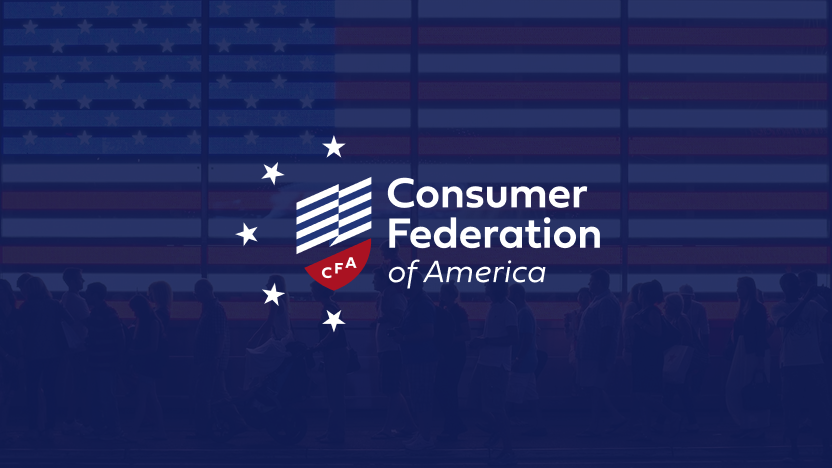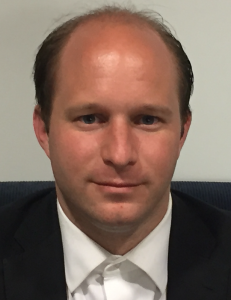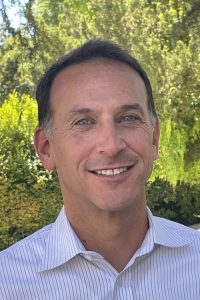Washington, D.C. – The Consumer Federation of America (CFA) continues to believe that great skepticism is warranted about the need to renew the Terrorism Risk Insurance Act (TRIA).
- The private sector covers the entire terrorism risk facing all but nine cities. Only large commercial buildings, and their insurers, in New York, Washington DC, Chicago, and San Francisco benefit significantly from the program.
- The Congressional Budget Office has estimated that, from 2008 to 2012, insurers and policyholders received $3.1 billion in subsidies with an additional $3.3 billion projected through 2017. These subsidies occur because the federal reinsurance program in TRIA charges no premiums, unlike programs in countries including Australia, the United Kingdom, France, and Germany.
- Property/casualty insurers can afford to insure these risks without TRIA. Their current surplus is $653 billion, dwarfing the $24 billion, in 2014 prices, of after-tax insurer losses from 9/11. A safe industry leverage ratio (net earned premiums divided by surplus) is considered to be 150 percent or less but is at an ultra-safe 74 percent today. The industry is overcapitalized.
- The 2010 report of the President’s Working Group on Market Conditions indicated that the existence of TRIA negatively affected the development of a more robust private terrorism insurance market.
- Subsidizing a portion of the price increases.
- Asking the Federal Insurance Office to monitor any price increases and report back to Congress on increases that are exorbitant and damaging. Congress would then have specific information allowing it to craft a more targeted and appropriate risk-based program to provide assistance if it so chose.
- Urging states with at-risk cities to also monitor the price increases and take action to check any increases that are unwarranted.
Contact: J. Robert Hunter (703) 528-0062
The Consumer Federation of America is an association of more than 250 nonprofit consumer groups that was established in 1968 to advance the consumer interest through research, advocacy, and education.


